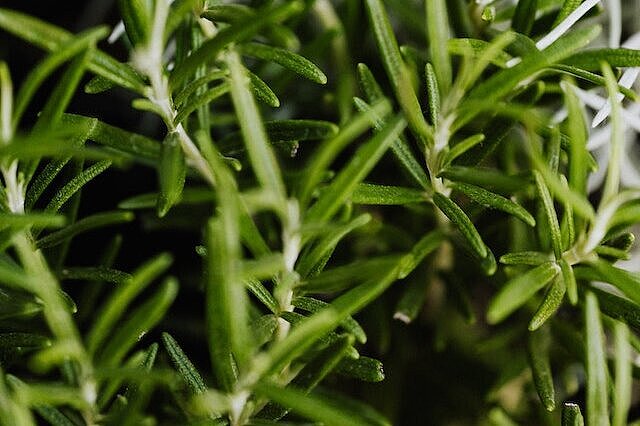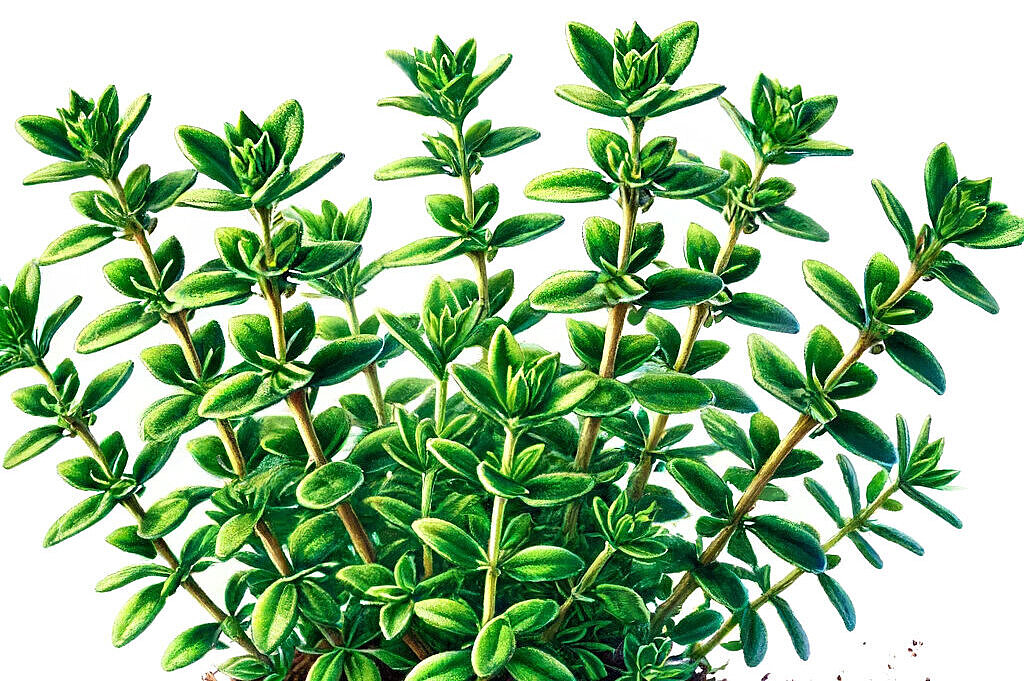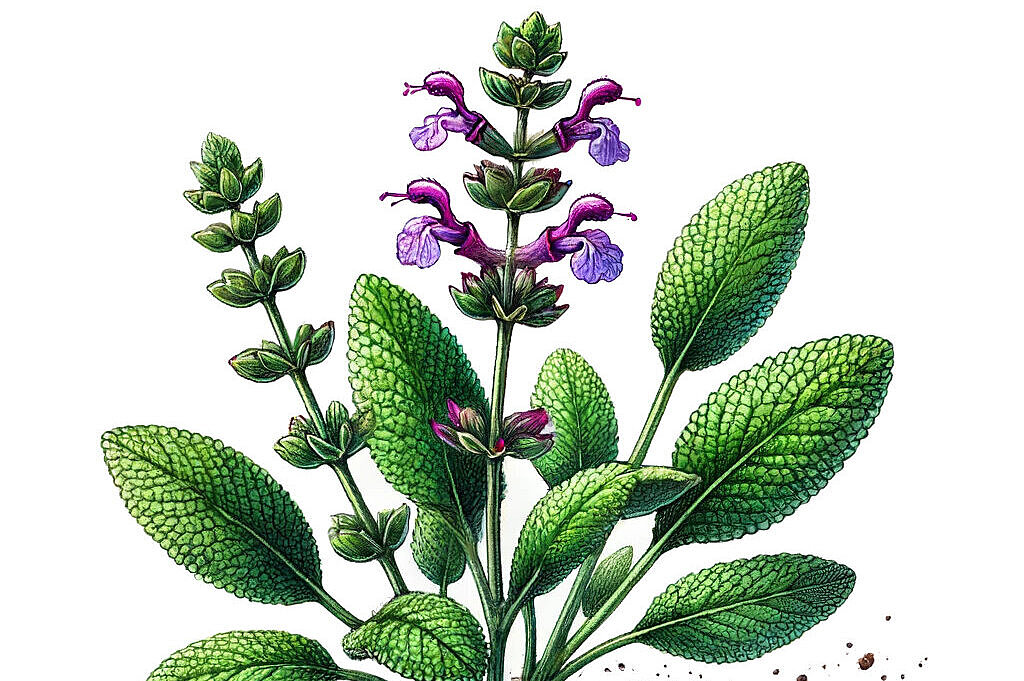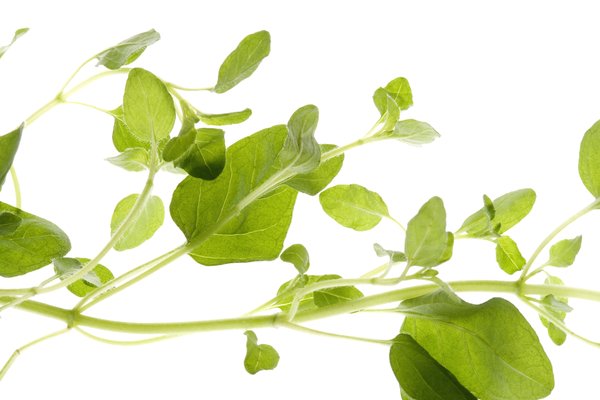Laurel

What is laurel?
Laurel is the name for various plant species from the laurel family. The best-known species is laurel (Laurus nobilis), which originally comes from the Mediterranean region and whose leaves are used as a spice. Laurel is not poisonous to humans or animals as long as it is consumed in moderation. Its leaves have an intense flavor and are tough, so they are usually removed before eating.
Another species is the cherry laurel (Prunus laurocerasus), which is often grown as a hedge plant. Cherry laurel is poisonous to all animals, especially its seeds, which contain hydrocyanic acid. If your dog chews on the seeds for a long time, it can lead to life-threatening poisoning. Although the pulp and leaves of the cherry laurel are not poisonous, they are not recommended for your dog.
What are the benefits of laurel for dogs?
Bay laurel has several benefits for your dog's health if you feed it in small quantities. For example:
- Bay leaf has an antibacterial and antiviral effect that can boost your dog's immune system.
- Laurel has an anti-inflammatory and analgesic effect that can help with joint problems or skin irritations.
- Bay leaf has a digestive effect that can help with flatulence or stomach problems.
- Bay leaf has a calming effect that can help with stress or anxiety.
What are the disadvantages of bay leaf for dogs?
Bay leaf also has some disadvantages for your dog if you feed it in large quantities or too often. For example:
- Bay laurel can lead to an overdose of eugenol, a substance found in the leaves. Eugenol can lead to liver or kidney damage, blood clotting disorders or seizures.
- Laurel can cause an allergic reaction if your dog is sensitive to the essential oils. This can manifest itself in skin rashes, itching or breathing difficulties.
- Laurel can lead to gastrointestinal upset if your dog cannot tolerate the intense flavor or viscous consistency. This can result in diarrhea, vomiting or loss of appetite.
How do you feed bay leaf to your dog?
If you want to give your dog bay laurel, there are a few things you should bear in mind:
- Only use true laurel (Laurus nobilis) and not cherry laurel (Prunus laurocerasus) or other poisonous species.
- Only use fresh or dried leaves and no other parts of the plant.
- Use only small amounts and no more than one leaf per day.
- Crush the leaf or cook it with the food to make it easier for your dog to digest.
- Observe your dog after consumption for possible side effects or signs of poisoning.
Bay leaf is a spice that can have some health benefits for your dog in small amounts. But you should be careful which type you use, how much you feed and how your dog reacts to it.
If you notice any signs of hypersensitivity or poisoning in your dog, you should see your vet immediately. We are not a substitute for a vet, but we try to be as accurate as possible. Every dog reacts differently and we recommend you get a second opinion or consult your vet if in doubt.
Stay healthy and take good care of your four-legged friend!😊
Similar to Laurel
Rosemary is a spice plant that is widely used in Mediterranean cuisine. The plant has small, needle-shaped leaves and an intense, woody taste and smell. Rosemary is often used as a spice in meat and...
Thyme belongs to the labiate family and grows mainly in the Mediterranean region. It has small green leaves and pink or white flowers that attract many bees. Thyme contains essential oils such as...
Sage (Salvia officinalis) is a plant from the labiate family. It is native to Europe and the Mediterranean region and has been used in cooking and as a medicinal plant since ancient times. Sage is a...
Marjoram (Origanum majorana) is a perennial plant from the labiate family, which also includes oregano, thyme and basil. The plant has small, oval leaves and white or pink flowers that grow in...



